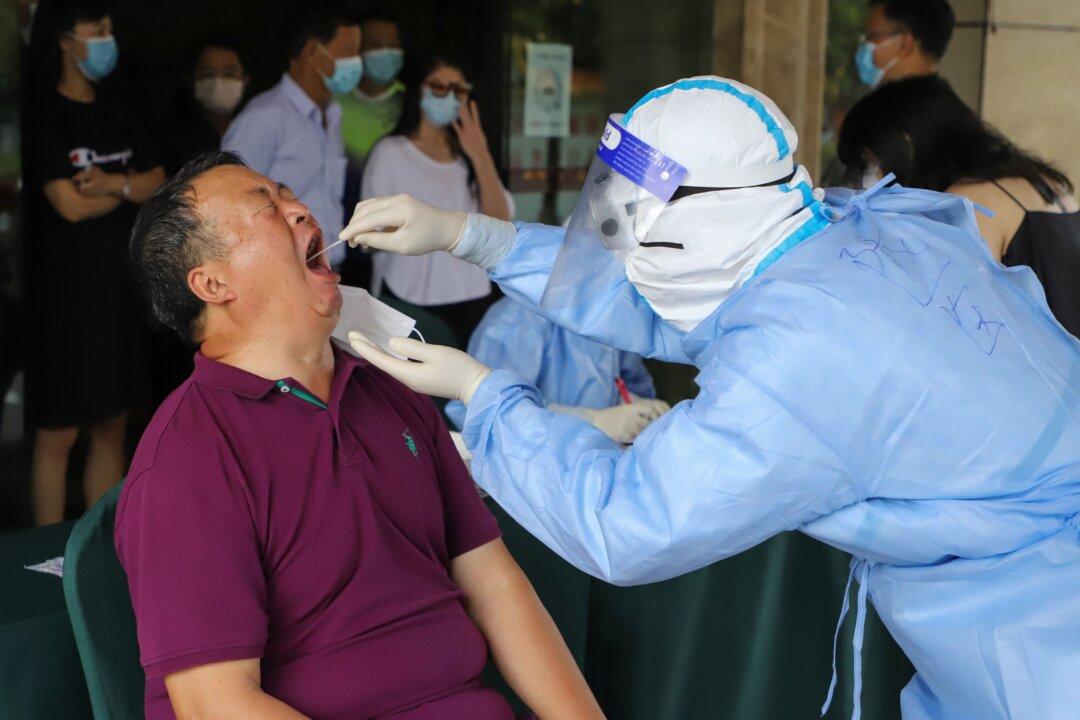Authorities in Ruili announced that they would carry out a new round of local COVID-19 testing on July 20, after the city had allegedly achieved a vaccination rate of nearly 97 percent. Residents are now told to stay quarantined at home.
On Wednesday, China’s National Health Commission confirmed 22 new COVID cases across the country in the past 24 hours, including eight cases from Yunnan Province. Yunnan reported 49 infections the day before, including 41 cases among residents who returned home from Burma (also known as Myanmar).




